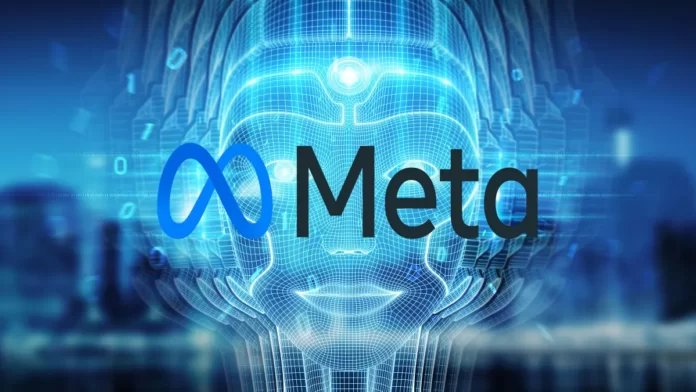Meta has introduced a new initiative aimed at encouraging startups to integrate its Llama AI models into their products and services. The program, called Llama for Startups, offers a mix of technical guidance and financial assistance to qualifying early-stage companies.
Startups based in the U.S. can apply if they meet specific criteria: they must be legally incorporated, have secured less than $10 million in funding, employ at least one developer, and be actively working on generative AI technologies. The application window is open until May 30.
According to Meta, selected startups may receive up to $6,000 per month for six months to help offset the costs associated with building and scaling generative AI solutions. In addition to funding, participants will benefit from hands-on support provided by Meta’s Llama development team to explore advanced use cases and better leverage the Llama models.
This strategic move reflects Meta’s broader effort to solidify its place in the increasingly crowded open-source AI landscape. While Meta’s Llama models have seen impressive adoption — surpassing a billion downloads — competition from major players like Google, Alibaba’s Qwen, and DeepSeek continues to mount.
However, Meta has faced a few recent hurdles. Reports indicate that the release of its anticipated Llama 4 Behemoth model has been postponed due to performance issues. In a separate controversy, Meta was criticized for using a specially optimized version of its Llama 4 Maverick model to achieve a high score in the LM Arena benchmark, while releasing a different version to the public.
Despite the challenges, Meta remains optimistic. The company has projected revenue from its generative AI tools could reach up to $3 billion in 2025, with long-term forecasts stretching as high as $1.4 trillion by 2035. Monetization strategies are also in the works, including potential ad placements and premium features for Meta AI, the assistant powered by Llama.
To support these ambitions, Meta is heavily investing in AI infrastructure. Last year, the company allocated over $900 million to generative AI development, and that figure could exceed $1 billion in 2025. Additionally, Meta plans to spend between $60 billion and $80 billion on data center expansion to power its growing AI operations.

